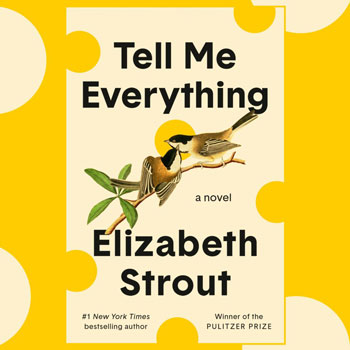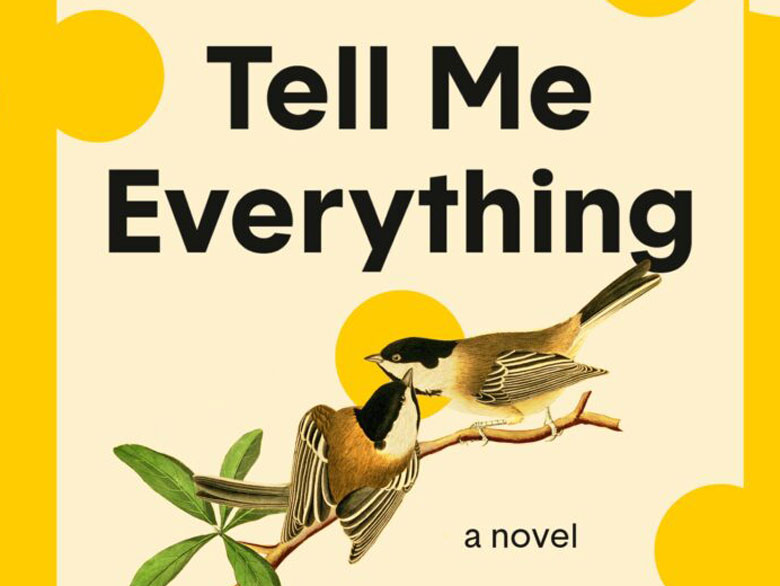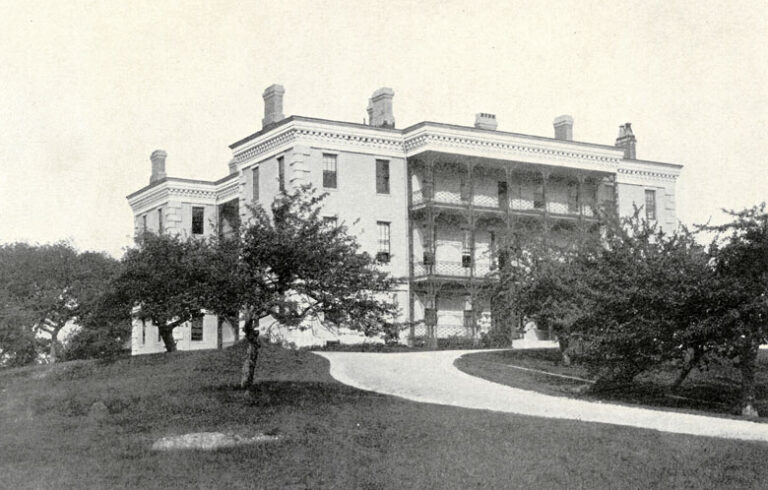Tell Me Everything
By Elizabeth Strout (Random House, 2024)
Tell Me Everything is Elizabeth Strout’s tenth novel, again set in Maine. As seems the case with her earlier editions, the cover art hints at themes. Here, two chickadees on a tree limb not only connote Maine but suggest a couple of lovebirds, sharing the branch in proximity.
And yes, we get a lot of couples in this book, mostly ones we’ve met before: some married spouses, some close friends. Olive Kitteridge is back, and Lucy Barton, and the Burgess brothers and spouses, and a few new characters whose family stories and recent events add some mystery.
I’ve read all Strout’s books and reviewed most of them. I appreciate what Strout might be doing here, injecting what seems to be a writer’s voice. We are more aware that someone—as if an omniscient narrator—is telling us this story. That stories are important is echoed by other characters in the book.
Lucy and Olive meet up periodically to share stories, in a kind of ritualistic event. And the book has multiple characters seeing therapists; all seem to be helped by sharing their stories.
The book’s title—Tell Me Everything—suggests what a therapist might invite.
In one early passage, Bob Burgess, still taking occasional walks with Lucy, has mentioned that Olive has a story to tell her she’d like. Meeting each other, Olive tells Lucy she doesn’t look anything like her author’s portrait in her books and Lucy says, with a shrug, she knows—it was taken by a professional photographer years ago. Her hair might have been blond then but no longer is.
It’s an interesting exchange. Olive, so blunt, could have intended her observation as an insult, or, it could have been received as one. Yet Lucy deflects it, agreeing with Olive and unbothered by the insinuation the photograph might make Lucy look prettier than she is.
It’s an interesting exchange. Olive, so blunt, could have intended her observation as an insult, or, it could have been received as one.
Olive begins to hedge on telling her story, saying it may not be worth telling, and Lucy says, “Well, tell me anyway.”
I love those lines! Lucy seems to be Strout’s stand-in, referencing comments from some critics that her stories focus on the ordinary, and nothing of consequence. But Olive and Lucy both see value in not just paying attention to “uneventful” events, but the value of sharing them. Stories connect people.
More than in previous novels, Strout interjects comments that seem unattributed to any particular character. They aren’t in quotation marks and haven’t been uttered or even thought by someone specific, as far as we can tell.

One example: “There are many back roads in Maine. Meaning narrow tarred roads with trees reaching overhead from both sides, and the roads themselves are often filled with bumps from the long winters of freezing and then thawing. These roads wind around from one town to another, and if you are not familiar with them it is easy enough to get lost. But most of the people who are on these curving back roads know exactly where they are going, and in November there can be a stark beauty as you drive along these places…
“It might be fair to say that people who have lived there for years take this beauty internally; it enters them without their fully knowing it. But it is there; it is part of the landscape of their lives.”
Is that a description about more than back roads? I imagine it describing Strout’s books: “If you are not familiar with them it is easy enough to get lost.” Lost among characters, rather than places… maybe.
And the “stark beauty” of seeing bare trees, when their leaves no longer cover up what’s strong, and gives shape to, a tree from underneath. It makes me think of Strout herself, wanting to see the essence of people.
It makes sense Strout could be part of this book given the time she has spent with her characters and fictional settings, now stretching beyond two decades. I like that she essentially pays tribute to therapy.
Tell Me Everything has me seeing Strout recreating or recommending some of what can occur in therapy—telling stories is a means of healing. It seems implied; all of us would benefit from sharing our stories and hearing others.
Tina Cohen is a therapist who spends part of the year on Vinalhaven.





